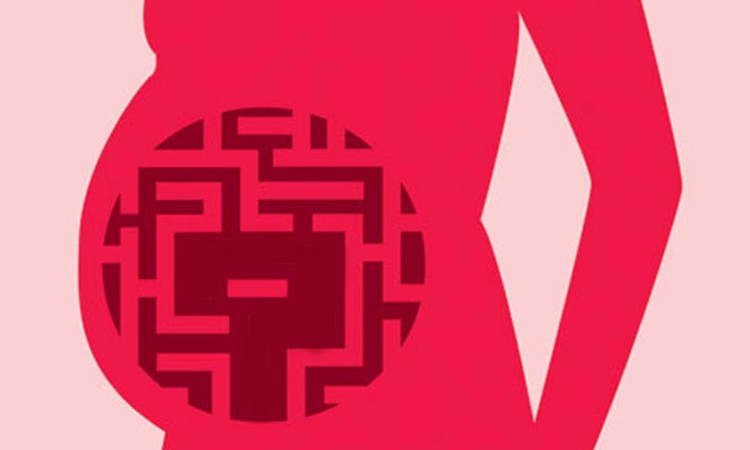Right To Life Of 26 Week Foetus Outweighs Mother's Mental Trauma, Calcutta HC Denies Abortion
Apoorva Mandhani
31 Jan 2019 2:49 PM IST

Next Story
31 Jan 2019 2:49 PM IST
The Calcutta High Court recently rejected a woman's petition to terminate her 26-week-old pregnancy, despite the fact that the baby has a high risk of Down Syndrome, along with problems in the oesophagus, heart and abdomen. Curiously, while doing so, Justice Tapabrata Chakraborty reasoned that the right to life of a 26 week old foetus outweighs the trauma that the mother might have to...
